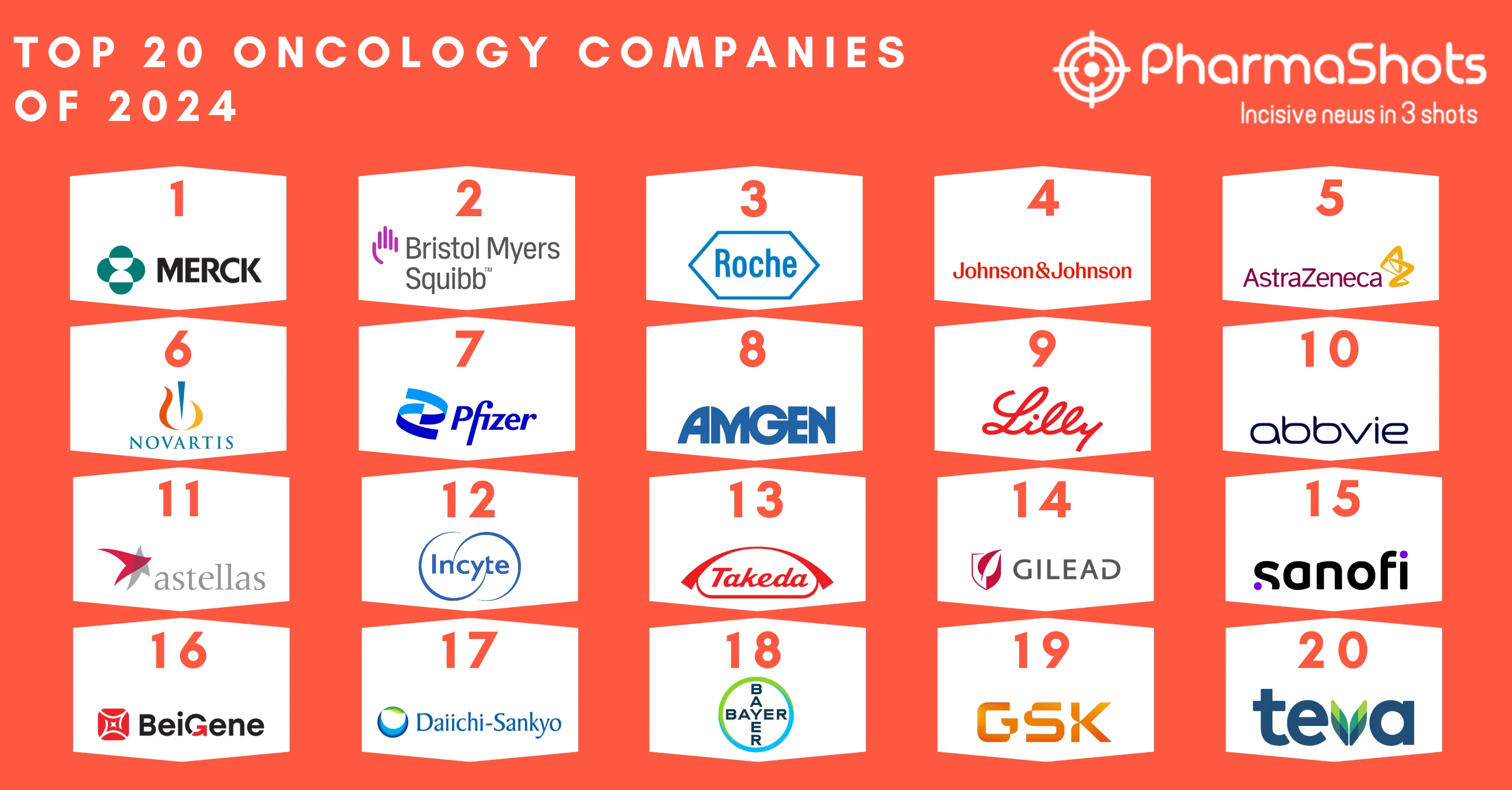
Virtual Clinical Trials - Are They the Future of India?
2020 is a year that nobody ever thought could turn their lives upside down. The beginning of this year witnessed the worldwide onset of Coronavirus disease or COVID-19 that has till now infected millions of people around the globe killing tens of thousands. In March 2020, WHO declared it to be a pandemic. There has been a global lockdown where people have been asked to stay at home and practice social distancing to break the chain of the spread of this deadly virus.
Owing to this current scenario, several organizations have resorted to the 'work-from-home' concept to keep the wheel of the economy rolling. But there are certain jobs that cannot be done while sitting at home. All healthcare professionals primarily come under this category.
The domain of Clinical Trials and Research has also been majorly affected by this pandemic. Usually, the human subjects undergoing trials of an investigational product are closely monitored. They need to be in close contact with the Research Associates, give their consents for participation, visit the trial sites, have to undergo regular diagnostic tests, get their vitals monitored, and so on and so forth. Similarly, routine site monitoring visits have also been restricted.
So the question arises on how to keep the process of Clinical Trials going while simultaneously following the health guidelines during this time of crisis. That is where the concept of Virtual Clinical Trials (VCTs) comes into play. Virtual Clinical Trials also called remote or decentralized trials, are a relatively new and yet underutilized method of conducting clinical research taking full advantage of technologies such as apps, electronic monitoring devices, and online social engagement platforms. It has the potential to produce a momentous change in the way we conduct clinical researches by utilizing digital technologies to the best of their abilities for the benefit of both the patients and the pharmaceutical industry.
Any clinical trial needs to recruit patients which is a time-consuming process when done traditionally, often resulting in delays. VCTs may overcome the challenges faced in conventional clinical trials while reaching a lot of people at a time through web-based platforms such as search engines and social media hereby saving a lot of money, time, and effort. This will, in turn, result in faster initiation of the study owing to the fast recruitment of subjects as the geographical limitation is obliterated. This will also facilitate a more diverse pool of patients.
In Decentralized Clinical Trials, Pre-screening is conducted by circulating an e-questionnaire which can be filled by the potential subjects even from the comfort of their homes. E-consenting is the new future of Clinical Trials irrespective of the current COVID-19 crisis. It saves a lot of time at both ends and makes the process a lot faster.
Remote visits, In-home nurse visits, Microsampling, mobile phlebotomists are all to play a big role in this new era of virtual clinical trials where physical examination, Laboratory testing, Medical imaging can all be done without much fuss that is caused by conventional clinical trials.
Taking advantage of the upbeat technologies and hi-tech gadgets available nowadays, data collection can be done by the means of mobile devices like smartphones, smartwatches, e-diaries, interactive response technologies, etc. Medicines can directly be shipped to patients with proper guidelines for dosing advised to them through digital platforms.
When the study process is made easily accessible and simplified, patient compliance is increased. This, in addition, is likely to lower the dropout rates of the study subjects.
A limited number of study sites are involved in Decentralized Clinical Trials morphing the concept of one site per country a reality. In globally conducted studies, the goal is to have only a single site in each country led by a principal investigator. A sub-investigator team is assigned to remotely monitor the health and safety of the participants where patients submit the data regarding the progress of the trial virtually via their mobile devices. A limited number of sites will also culminate in less expense on the sponsor's end.
However, there are surely some limitations to this emerging concept of Virtual Clinical Trials despite having endless benefits. The challenges that can be encountered while conducting VCTs must be taken into consideration. Whatever challenges the world may throw at us now, and tomorrow, decentralized clinical trials which provide both virtual and hybrid options, represent an opportunity to rethink and refresh how research studies are conducted while keeping the patient at the heart of this emerging paradigm. Strategies like home nursing visits and remote patient engagement strategies should be incorporated into trials (e.g., patient recruitment and retention platforms, e-visits/video dosing regimens, and patient insight projects).
Remote Clinical Trials being a relatively new concept, the regulatory approval framework is still in its early stage. The data safety aspect also needs addressing as the sharing of sensitive personal health data over the internet can prove to be a challenge. But securing the data with proper steps like encryption and password protecting the same can solve these issues. Strengthening the e-infrastructure is the first and foremost requirement for securing this highly sensitive information. The staff who will be monitoring the trials also need to be highly efficient and for that proper training is required.
It is also to be taken into account that some areas of clinical research are not yet ready for virtual remote monitoring like Phase-I of trials where patients need to be close to the site in case there is a reaction to the investigational product. Some diseases which require in-hospital monitoring are also less suited for VCTs.
That is why the concept of Hybrid Trial Design is evolving where we can get the bests of both worlds viz. Traditional and Virtual Clinical Trial Designs.
With the threat of COVID-19 looming over our lives, the clinical researchers are fast resorting to this new concept of VCTs where the health guidelines of maintaining social distancing can be achieved.
Looking far into the future, in this new horizon of the digital era, where the traditional old concepts are getting replaced by newer and better ideas, VCTs can prove to be an indispensable method in the field of Clinical Trials though in India it can prove to be a little bit more difficult owing to the lack of awareness and proper knowledge about clinical trials. But, armed with strong resolutions and improved infrastructure we can hope for a brighter future for Virtual Clinical Trials in India.
About Authors:

Subhroyoti Bhowmick
Dr. Subhroyoti Bhowmick, Clinical Director, Peerless Hospital
Winner of the ISQua Lucian Leape Patient safety fellowship Award 2019. He is a NABH assessor for hospital and ethics committee accreditation. He has worked at Stanford University School of Medicine as Senior Clinical Research Associate from 2015-2017.

Debarati Kundu
Dr. Debarati Kundu, Clinical Research Coordinator, Peerless Hospital
She passed BDS in 2017 from Awadh Dental College and Hospital, Jamshedpur under Kolhan University with First Class (Distinction) and a member of the Indian Dental Association. She is a regular author in the International Journal of Basic and Clinical Pharmacology.

Snehendu Konar
Mr. Snehendu Konar, Business Development, CliniMed LifeSciences
A veteran operation management personnel who is involved in developing business for the healthcare and clinical research industry for the last two decades. Also, a HIPAA compliance officer for a multinational company for the last 10 years.
Tags

This content piece was prepared by our former Senior Editor. She had expertise in life science research and was an avid reader. For any query reach out to us at connect@pharmashots.com














